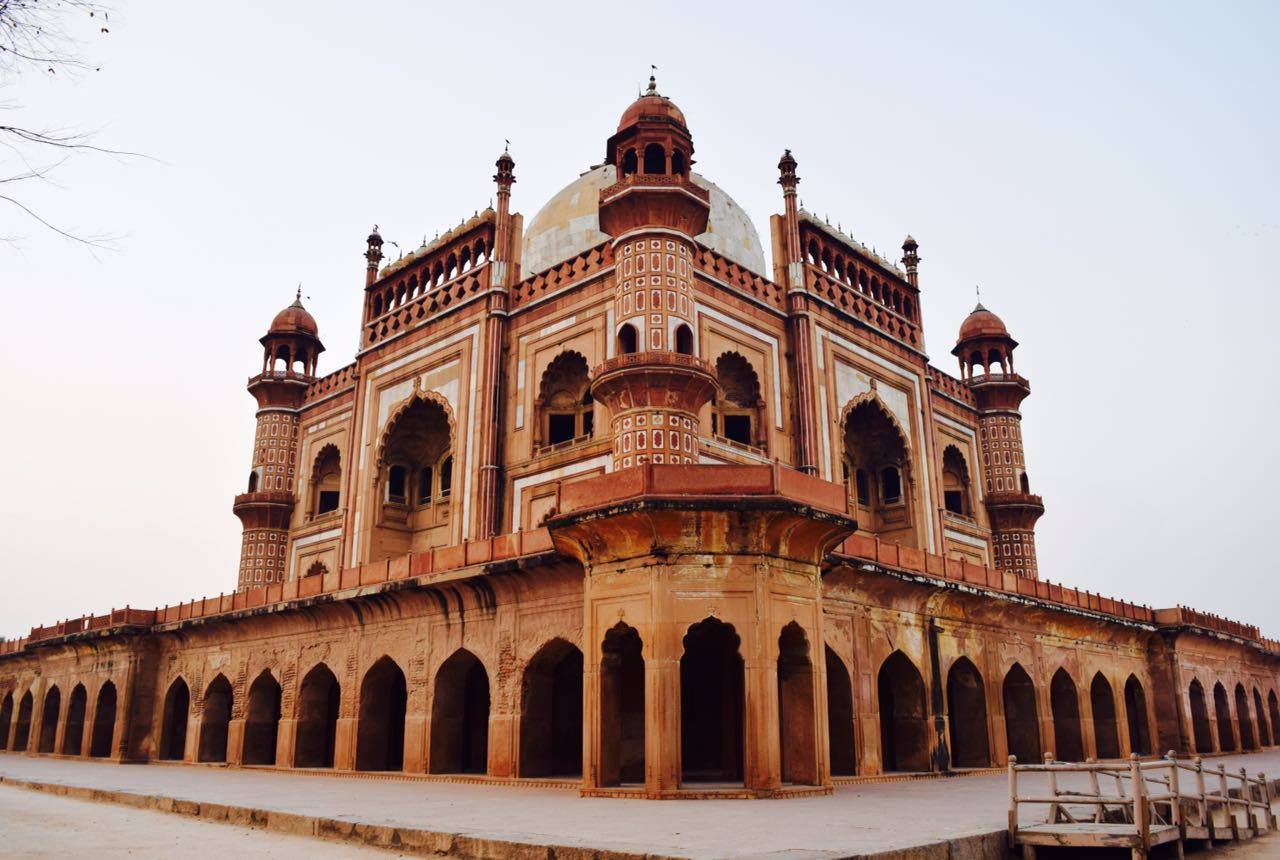Because History Is More Than Just Stories Of Dead People

NEW DELHI: Donald Trump’s presidency has brought about a number of interesting developments, one of them being ‘alternative facts’ which were recently used to justify incorrect facts relating to his inauguration. While most of us are familiar with this, how many of us know about alternate histories? My guess is that the number is significantly lesser. Before you don’t read further, I’ll clarify that alternate histories provide interesting insights into the past and are not actually used to justify the presidency of a fun undeserving clown.
Before dismissing history as a subject that’s boring and pointless, here’s something for you. There’s an initiative, Safarnama which makes use of alternate histories to tell the stories of the past. While some people view alternate history as trivial or diminishing from ‘real history’, this is not the case. It is more often that not built on hard historical studies and facts, but looks at historical events from a different perspective.
According to the founders of this creative genius, alternate histories are those which move away from the mainstream historical narratives that one is familiar with. It moves away from the political, chronological event by event story telling and instead brings something completely new to the table. This initiative looks at monuments and historical spaces in Delhi through different lenses and uses them in interesting ways to re-tell the stories of the past.
They take you to historical monuments and places you’ve probably visited before if you’re a resident of Delhi, however put those spaces in front of you in a completely unique way.
Here’s how:
We’ve all been to Chandini Chowk but have you ever wondered about the women of Chandini Chowk? Did you know that within the havelis of the infamous Chawri Bazar lived women who were involved in passionate affairs and were more powerful than their husbands? Did you know that within the fort walls, emperor Shah Jahan conspired and kill many of his daughter’s lovers? Your dad isn’t the only protective father out there, clearly but I’m sure you didn’t know that. This is just a glimpse of Safarnama most recent walk at the Red Fort, tracing back Mughal history through unconventional lenses. Instead of following the mainstream narrative of understanding the Mughal emperors reign from within the fort, they shed light on an extremely exciting female perspective, a father-daughter relationship much like today’s and much more!
My personal favourite walk they conducted was on revisiting the life of Gandhi. Having majored in history in my undergraduate studies, this walk provided me with a completely different view of this legend. It taught me something that no institution could have. A day before Gandhi Jayanti, a few of us enthusiasts set out to Raj Ghat to understand Gandhi in a completely new way. It provided insight into how he got away from many controversial actions without justification, his journey to becoming the father of the nation and differing views exploring his sexuality.
Speaking to the co-founder Annapurna Menon, I found out that her aim was to change the way history was viewed. She stated “This initiative aims to raise historical consciousness and bring to light the history of the unknown. Studying in one of the best universities, we came to know of the shocking difference between what we see as history and how people around us simply dismiss it as a boring, inconsequential subject. Changing that became my motivation.”
Co-founder, Aakriti Suresh almost imitated her views when she told me in my brief interaction with her that “History as we know it has always been seen as a lifeless subject where cramming dates of coronation and battles is the only thing that matters. But history is much more than that. Political developments are most often intertwined with social and economic changes but they are often presented as narratives growing out of a vacuum. This awareness about the significance of social context in history making served as my motivation to start Safarnama.”
Whether you’re a history lover or not, take some time out for their walks to learn about your ancestors, your historical land and the lesser-known developments that took place to bring us to where we are today. Because after all history is way more than just stories about the dead! And if you don’t understand the past, you’ll never truly understand the present, let alone the future.



